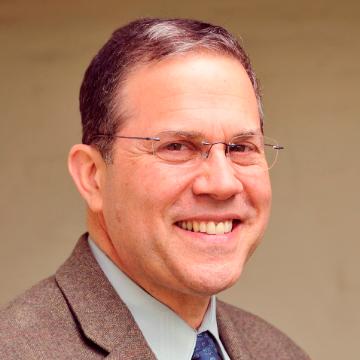
Coffee: Can’t Leave Home Without It
“Have you had your coffee yet?” You’ve probably asked, or been asked, that question many times. What is it about that drug that makes us want it, need it, and become addicted to it? And make no mistake, caffeine, the chemical that gives rise to most of the body’s response to coffee, is most certainly a drug. Let’s wonder a bit about the science of caffeine.
Caffeine: How It Works
The energizing and restorative properties of caffeine have been known for thousands of years. Credible evidence shows that the Chinese were brewing tea around 200 BC, and certainly coffee and tea were popular in both Europe and Asia by at least the 17th century.
To understand why caffeine wakes you up and gets your heart pumping, we must first understand what makes you drowsy. While you’re awake, your brain produces a chemical—adenosine—that causes nerve cell activity to slow down. It’s your body’s way of reminding you to rest on a regular basis. The longer you go without sleeping, the higher the level of adenosine in your brain becomes, and the drowsier you feel. The caffeine molecule is able to fit into the same receptors in your brain’s nerve cells to which adenosine normally binds, and when caffeine blocks adenosine from attaching to your brain’s nerve cells, you don’t feel as tired.
The Benefits of Caffeine
A headache can result from blood vessels in the brain becoming enlarged; forcing them to close down can be a cure. Caffeine causes blood vessels in your brain to constrict. A number of headache medications, like Anacin® and Excedrin®, contain caffeine for this reason.
Caffeine increases the level of the chemical dopamine in your brain. Dopamine plays a major role in brain chemistry—it controls the brain’s pleasure centers. If that makes caffeine sound like a drug, it is. Like its distant cousins heroin and cocaine, caffeine slows down the rate at which dopamine is reabsorbed. More dopamine equals more pleasure.
And that’s not all. Studies show that people who drink one or more cups of coffee a day have a reduced risk of developing diabetes, Parkinson’s disease, colon cancer, and gallstones. Just two cups of coffee a day reduces your chances of developing cirrhosis of the liver by 80 percent. And a recent study suggests that caffeine can not only protect you from developing Alzheimer's disease, it can reduce symptoms in people who have it.
Yes, caffeine makes you feel peppier and happier. And yes, it seems to have a wide range of health benefits. But caffeine is not without its negative side effects.
The Downside to Caffeine
Caffeine has a way of hanging around in your body. If you drink a cup at 5 p.m., at 11 p.m., when you might be getting ready to settle down to sleep, half of the caffeine from that cup is still floating around in your bloodstream. Even if you do manage to fall asleep, without enough adenosine bound to your brain’s nerve cells you likely won’t get the deep, restful sleep you need.
Lacking the deep sleep your body needs, you wake up the next morning a bit groggy. You have an extra cup of coffee to wake up, and maybe another in the afternoon. More coffee and less deep sleep and pretty soon, you’re feeling tired and probably irritable all day. A vicious cycle.
Caffeine can cause raise your blood pressure, especially if you already suffer from hypertension. Caffeine may be related to the onset of gout, to an increased risk of heart attacks in young adults, and an increased chance of women developing cysts in their breast tissue.
With so much on both sides of the caffeine ledger, it’s not surprising that most doctors recommend drinking coffee or other caffeinated beverages in moderation. Sure, enjoy your morning cup of coffee. But getting regular exercise, eating well, and maintaining a healthy body weight are still your best shots at good health.
-------------------------------------------------------
Questions to ponder:
Many people who regularly drink a modest amount of coffee report getting a “coffee headache” if they don’t get their morning cup. What’s going on? Is caffeine addictive?
Some studies suggest that tea, like coffee, offers a defense against drowsiness and some health benefits, but may not have as many negative side effects. If you are a coffee drinker, would you consider switching to tea?

